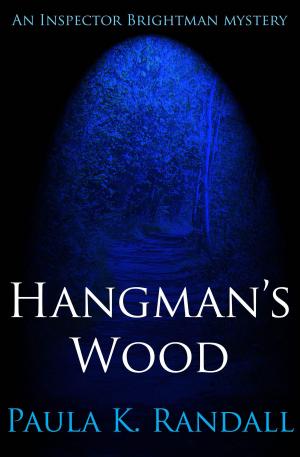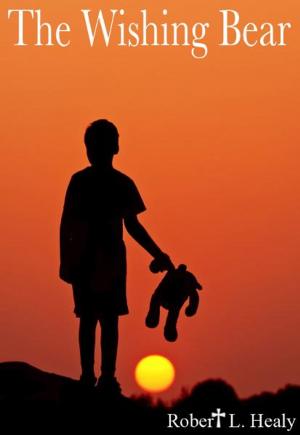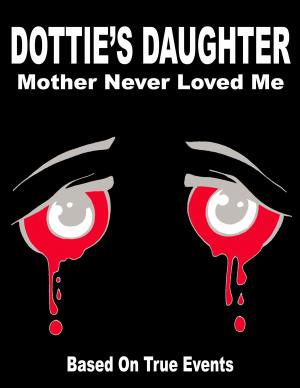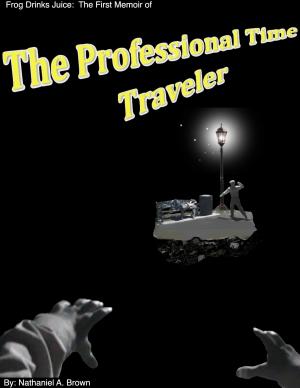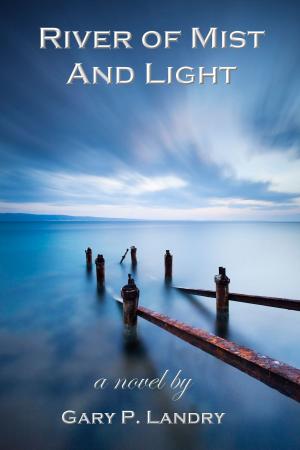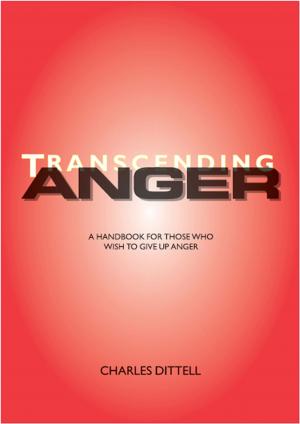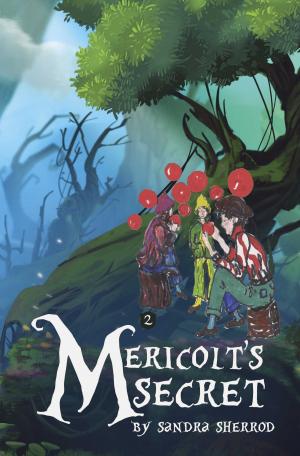The Great Songwriters - Beginnings Vol 1
Lennon & McCartney Bob Dylan
Nonfiction, Entertainment, Music, Business & Technical, Songwriting, Instruments & Instruction, Songbooks| Author: | Michael J Roberts | ISBN: | 9781483521091 |
| Publisher: | BookBaby | Publication: | February 20, 2014 |
| Imprint: | Language: | English |
| Author: | Michael J Roberts |
| ISBN: | 9781483521091 |
| Publisher: | BookBaby |
| Publication: | February 20, 2014 |
| Imprint: | |
| Language: | English |
In the second decade of the new millennium it’s apparent that the song writing benchmarks established by these three men at virtually (and remarkably) the same time in history, are still the gold standard by which all that followed is judged. Almost every aspect of the modern songwriter’s art is defined and encapsulated in their body of work, and from these giants others have taken the torch and carried on their traditions. The trio rose to prominence via their own use of the shoulders of giants like Woody Guthrie and Pete Seeger in Dylan’s case, and Chuck Berry, Buddy Holly and Little Richard in the case of the young English boys. Common to all three was an adolescent passion for the King of rock and roll, and the reason the youth of the world fell swooning at the earth shattering sound of the era, the charismatic boy from Memphis, Elvis Presley. Not only did Presley excite the airwaves of Duluth in Minnesota, where the young Bob grew up, but his clarion call crossed the Atlantic and lit up the radio in Liverpool, England, a place still reeling from the calamity of World War II. "Nothing really affected me until Elvis." "Before Elvis there was nothing."
"When I first heard "Heartbreak Hotel," I could hardly make out what was being said. It was just the experience of hearing it and having my hair stand on end. We'd never heard American voices singing like that”. – John Lennon While Presley’s significant legacy can not be understated in a performing sense, it set the template for success in the music world; Presley did not write his own material. The true game changing aspect that the three post Elvis icons came to represent was the idea of self sufficiency. In the rock world songs were mostly sourced via the publishers of Tin Pan Alley and Denmark Street, and in truth the folk world was not entirely different, even though many of the songs were in the public domain. The commercial aspect of the music business meant that the performers who supplied specific arrangements for these folk songs could claim writing royalties to the same effect of actually having written the song themselves. Dylan worked in this tradition and then completely changed it, in that sourcing traditional material became unacceptable in the mainstream which, thanks to what Pete Seeger dubbed “the great folk scare” of the 1960’s, is where Dylan’s music found itself. The Beatles revolutionised the concept of the sourcing of ‘product’ in the pop world to such an extent that after 1965 no self respecting act could not supply its own material. “I became interested in folk music because I had to make it somehow” – Bob Dylan While both The Beatles and Dylan shook the world in the early 1960’s, and they both went on to mature successes and even greater glories in their latter years, it’s their beginnings that occupy us here. They were working from different ends, Dylan primarily occupied in the political atmosphere of the struggle for civil rights and The Beatles interested in the escapist fun, and youth culture rebelliousness of rock and roll. They were such notorious and famous examples of different ends of the musical spectrum, but given their common antecedents and their common impulse to push boundaries in their art, it would seem destined that they would interact. They did establish personal relationships, and certainly they were to profoundly influence each other, but to go back to the start is to meet three starry eyed dreamers who were ready to take on the world….
In the second decade of the new millennium it’s apparent that the song writing benchmarks established by these three men at virtually (and remarkably) the same time in history, are still the gold standard by which all that followed is judged. Almost every aspect of the modern songwriter’s art is defined and encapsulated in their body of work, and from these giants others have taken the torch and carried on their traditions. The trio rose to prominence via their own use of the shoulders of giants like Woody Guthrie and Pete Seeger in Dylan’s case, and Chuck Berry, Buddy Holly and Little Richard in the case of the young English boys. Common to all three was an adolescent passion for the King of rock and roll, and the reason the youth of the world fell swooning at the earth shattering sound of the era, the charismatic boy from Memphis, Elvis Presley. Not only did Presley excite the airwaves of Duluth in Minnesota, where the young Bob grew up, but his clarion call crossed the Atlantic and lit up the radio in Liverpool, England, a place still reeling from the calamity of World War II. "Nothing really affected me until Elvis." "Before Elvis there was nothing."
"When I first heard "Heartbreak Hotel," I could hardly make out what was being said. It was just the experience of hearing it and having my hair stand on end. We'd never heard American voices singing like that”. – John Lennon While Presley’s significant legacy can not be understated in a performing sense, it set the template for success in the music world; Presley did not write his own material. The true game changing aspect that the three post Elvis icons came to represent was the idea of self sufficiency. In the rock world songs were mostly sourced via the publishers of Tin Pan Alley and Denmark Street, and in truth the folk world was not entirely different, even though many of the songs were in the public domain. The commercial aspect of the music business meant that the performers who supplied specific arrangements for these folk songs could claim writing royalties to the same effect of actually having written the song themselves. Dylan worked in this tradition and then completely changed it, in that sourcing traditional material became unacceptable in the mainstream which, thanks to what Pete Seeger dubbed “the great folk scare” of the 1960’s, is where Dylan’s music found itself. The Beatles revolutionised the concept of the sourcing of ‘product’ in the pop world to such an extent that after 1965 no self respecting act could not supply its own material. “I became interested in folk music because I had to make it somehow” – Bob Dylan While both The Beatles and Dylan shook the world in the early 1960’s, and they both went on to mature successes and even greater glories in their latter years, it’s their beginnings that occupy us here. They were working from different ends, Dylan primarily occupied in the political atmosphere of the struggle for civil rights and The Beatles interested in the escapist fun, and youth culture rebelliousness of rock and roll. They were such notorious and famous examples of different ends of the musical spectrum, but given their common antecedents and their common impulse to push boundaries in their art, it would seem destined that they would interact. They did establish personal relationships, and certainly they were to profoundly influence each other, but to go back to the start is to meet three starry eyed dreamers who were ready to take on the world….



